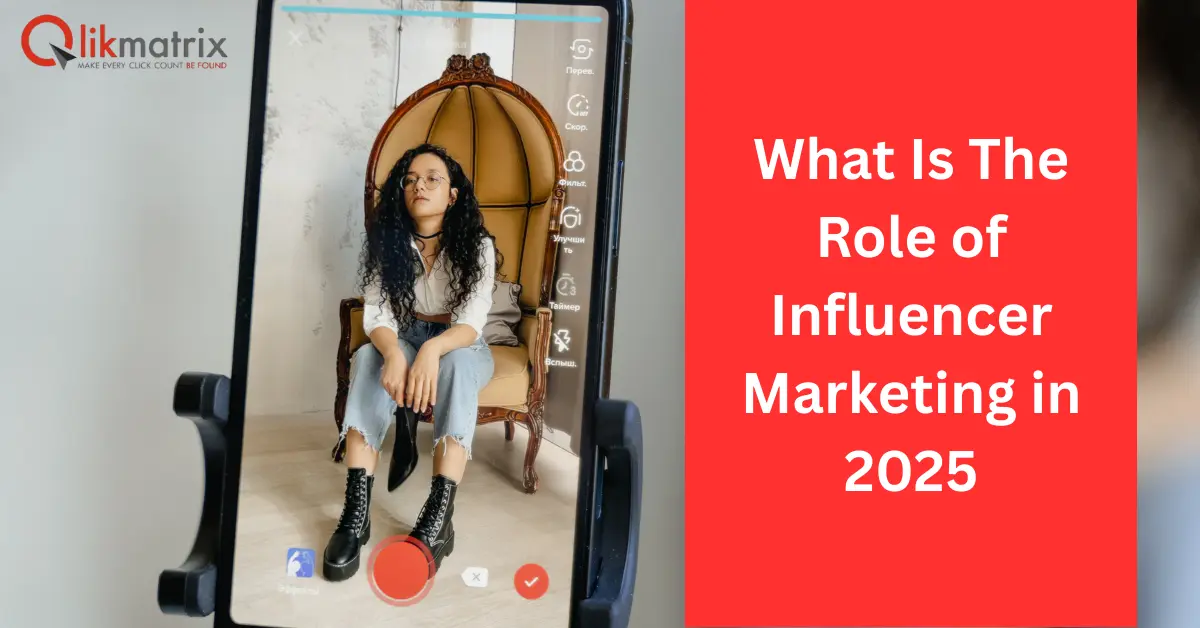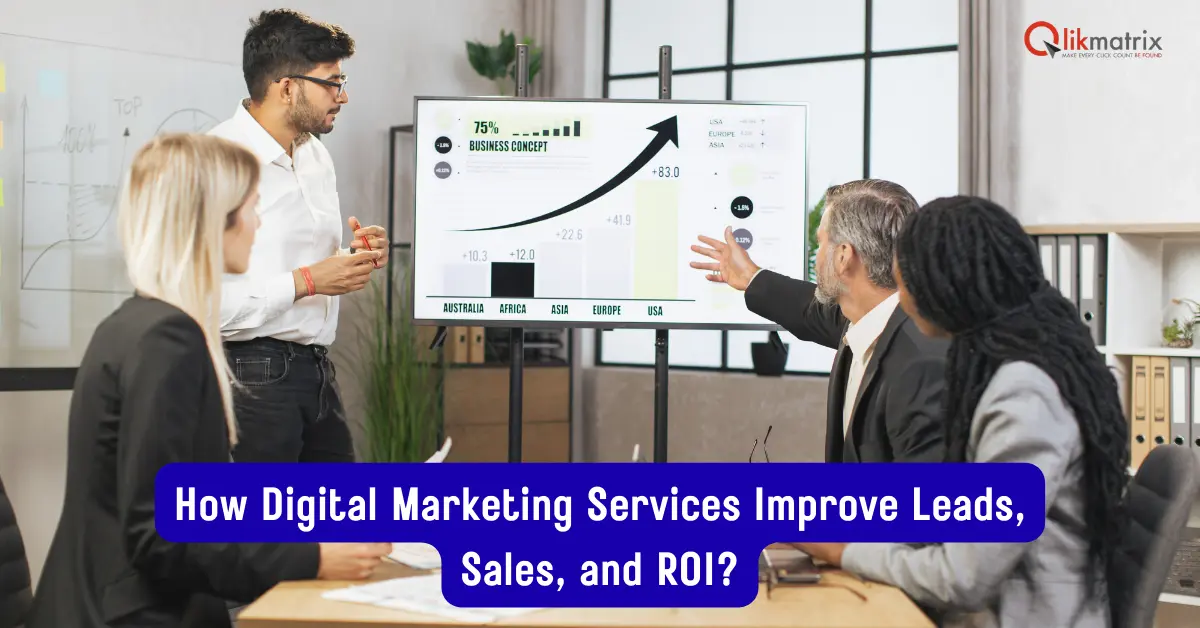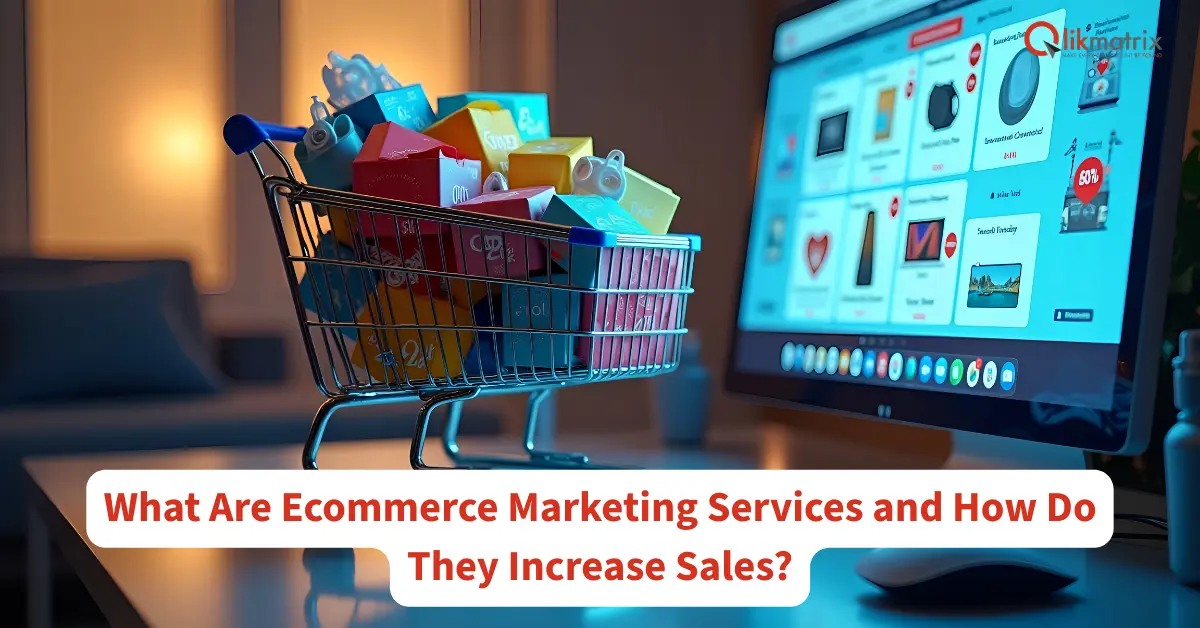The role of influencer marketing has transformed how businesses connect with audiences. From its historical roots to today’s digital-driven strategies, influencer marketing builds trust, credibility, and targeted reach. Integrated with digital marketing services, it boosts SEO, social media engagement, and content value. This blog explores its history, benefits, and future trends, including AI, regulations, and nano-influencers, while highlighting its critical role in modern business growth.
Table of Contents
The Role of Influencer Marketing in Digital Growth
Have you ever purchased a product simply because your favorite influencer recommended it? If yes, you’ve experienced the impact of the role of influencer marketing. In today’s interconnected world, influencer marketing has become one of the most effective strategies for businesses to engage audiences and build trust. Unlike traditional advertising, it leverages the credibility of influencers to create authentic connections. But what exactly is influencer marketing, and the role of influencer marketing, and how does it fit into the broader landscape of digital marketing services? Let’s dive in.
A Brief History of Influencer Marketing
The role of influencer marketing may seem like a modern phenomenon, but its roots go back centuries. In the 1760s, English potter Josiah Wedgwood used royal endorsements to promote his pottery, branding it as “Queen’s Ware.” This marked one of the earliest examples of influencer-driven marketing.
Fast forward to the digital era, and the rise of Instagram, YouTube, and TikTok has democratized influence. Today, anyone with a loyal following—whether a celebrity or a micro-influencer—can impact consumer behavior. This has transformed how brands design strategies, making influencer marketing an essential part of digital campaigns.
Why Influencer Marketing Matters in the Digital Age?
Within digital marketing services, the role of influencer marketing stands out for its authenticity. Consumers see influencers as relatable and trustworthy, unlike faceless ads. Studies reveal that 92% of people trust recommendations from individuals over brands. No wonder 89% of marketers believe influencer marketing delivers ROI equal to or better than other channels.
Building Trust and Credibility
Influencers build communities based on trust. When they endorse a product, followers are more inclined to believe the recommendation. This credibility is something traditional advertising rarely achieves.
Reaching the Right Audience
Another strength of and the role of influencer marketing is targeted reach. By working with influencers whose audience matches your demographic, businesses can ensure the right message hits the right people. Interestingly, micro-influencers (10,000–50,000 followers) often drive better engagement than mega-celebrities due to their niche connections.
How Influencer Marketing Connects with Digital Marketing Services?
Influencer marketing doesn’t exist in isolation. It ties directly into core digital marketing services like content marketing, SEO, social media, and email campaigns.
- Content Marketing: Influencers create authentic, engaging posts, videos, or blogs that brands can repurpose. Research shows influencer content generates up to 8x higher engagement than brand-owned content.
- SEO and Backlinking: When influencers link to brand websites, it boosts search rankings. High-quality backlinks from influencers can improve SEO visibility by nearly 97%.
- Social Media Marketing (SMM): Collaboration with influencers on Instagram, Twitter, or LinkedIn expands brand reach. Around 70% of millennials admit influencer recommendations affect their purchase decisions.
- Email Marketing: Exclusive influencer content in email campaigns enhances personalization, leading to 26% higher open rates and 29% better click-through rates.
The Role of Influencer Marketing in Future
The role of influencer marketing is set to become even more sophisticated. Here’s what lies ahead:
AI and Data-Driven Strategies
Artificial intelligence will play a central role in identifying the best influencers, predicting campaign results, and personalizing content. By 2025, AI-powered influencer campaigns could make up over 50% of digital marketing strategies.
Regulation and Transparency
Governments and agencies are enforcing stricter guidelines to ensure influencer endorsements are genuine. Clear disclosure of sponsored content will strengthen consumer trust.
The Rise of Nano-Influencers
While big celebrities once dominated the scene, brands now prefer nano-influencers with small but highly engaged audiences. Their authentic and personal connections often deliver better results in niche markets.
Business Perspective: Why It Matters for Brands
For businesses, understanding the role of influencer marketing is no longer optional—it’s essential. It helps in brand building, boosts conversions, and supports long-term customer loyalty. Whether it’s creating relatable stories, improving SEO visibility, or driving social engagement, influencer marketing integrates seamlessly with broader digital marketing services.
At QlikMatrix, we specialize in combining influencer marketing with comprehensive digital strategies. Our data-driven approach ensures that campaigns are impactful, measurable, and aligned with business goals.
Conclusion
The role of influencer marketing has grown from royal endorsements in the 18th century to AI-driven campaigns in today’s digital ecosystem. By merging trust, credibility, and targeted reach, it strengthens every part of digital marketing services—from content creation to SEO and social media engagement.
For businesses looking to thrive in this competitive market, the top digital marketing agency can ensure that influencer strategies deliver measurable success and long-term growth.










